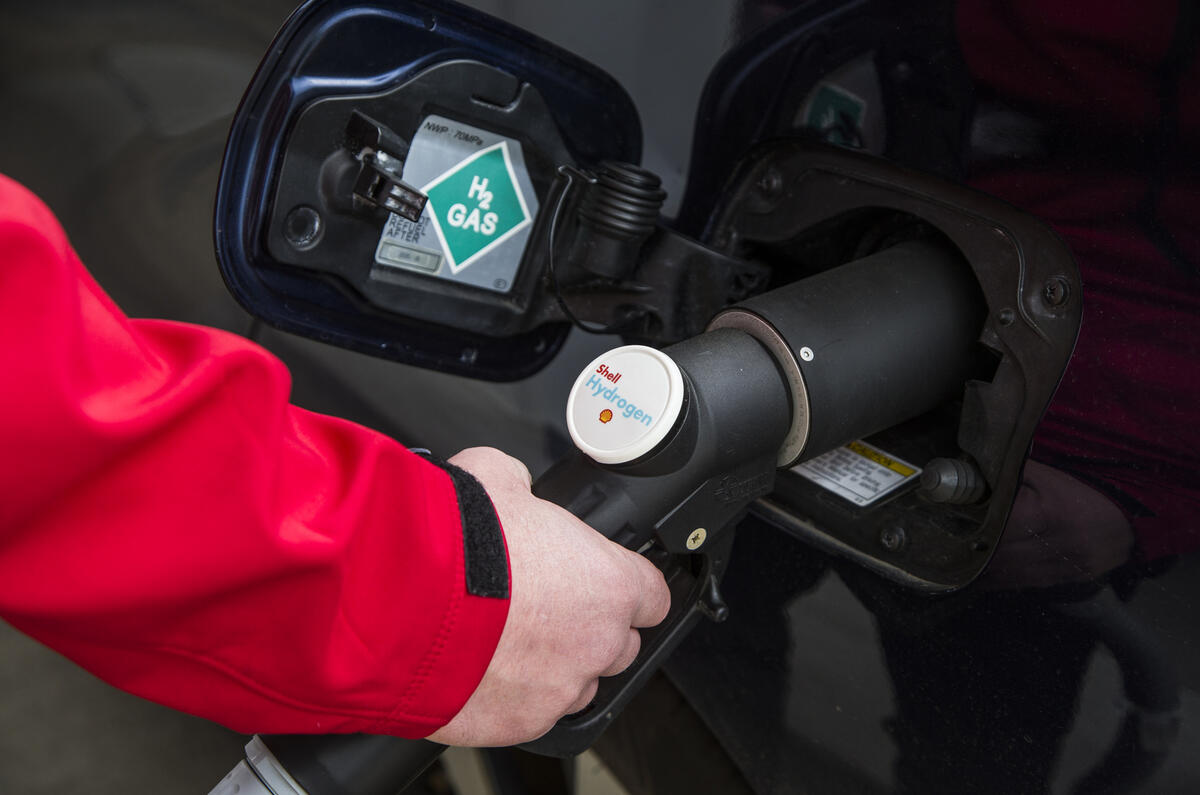Hydrogen has long been billed as a key fuel of the future, and a decade or so ago it seemed level-pegging with pure battery electric vehicles in the supremacy stakes.
A decade on, the BEV is all-dominant and hydrogen remains pretty much where it started: as a viable fuel but with some seemingly insurmountable challenges to overcome.




Add your comment